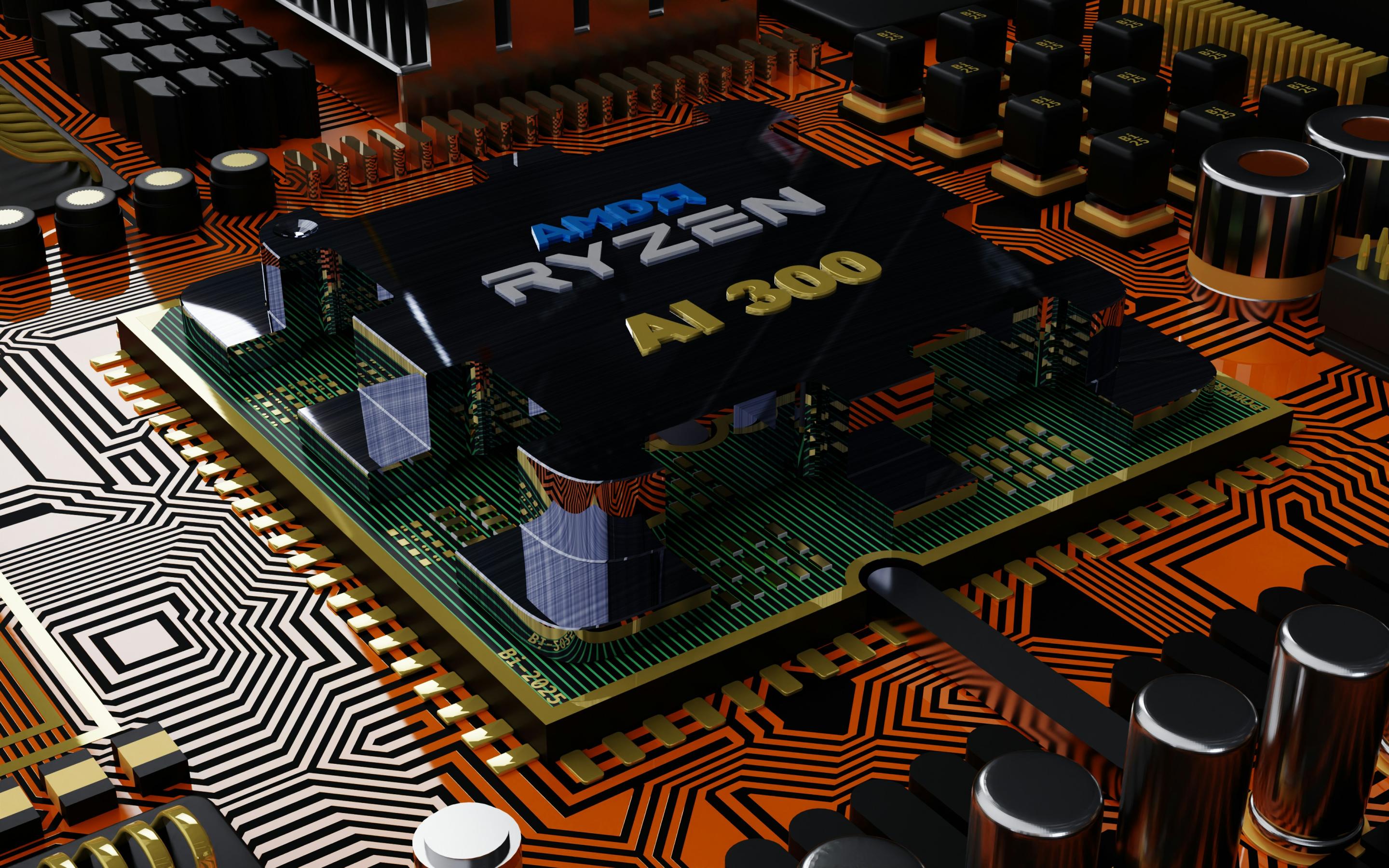What does a Firmware Engineer do?

Firmware engineering can be seen in nearly every modern electronic product. Every time a device powers on or performs a real-time task, firmware is behind the scenes making it happen. As organisations across sectors push for smarter, faster and more secure products, demand for skilled firmware engineers continues to grow.
If you’re exploring what a firmware engineer does, or trying to understand what firmware engineering involves day-to-day, this guide walks you through the essentials.
What is a Firmware Engineer?
A Firmware Engineer develops the low-level software that enables electronic hardware to function. Unlike traditional software engineers who work with high-level applications, Firmware Engineers program microcontrollers, microprocessors and embedded systems directly.
Without firmware, even the most advanced electronics hardware is essentially inert, and the job of a Firmware Engineer is to make the hardware come alive. It’s a specialist role that requires both programming expertise and a strong understanding of electronic design.
What does a Firmware Engineer do day-to-day?
The day-to-day Firmware Engineer job description depends on the product, the industry and the complexity of the system, but the core responsibilities are consistent. Before any electronic system can run a user interface, connect to a network or interact with sensors, Firmware Engineers ensure the embedded foundation is efficient and secure.
Firmware Engineers typically:
- Write embedded C/C++ for microcontrollers and microprocessors
- Develop drivers, bootloaders and low-level communication stacks
- Configure hardware peripherals such as timers, GPIO, ADCs, DACs and communication interfaces
- Validate system behaviour using oscilloscopes, logic analysers and debugging tools
- Work closely with hardware teams to interpret schematics and PCB layouts
- Optimise performance, timing, power consumption and memory usage
- Diagnose and fix complex issues that stem from the interaction of hardware and software
Why is Firmware Engineering important?
Firmware is fundamental because it directly influences how electronic hardware behaves. If the firmware isn’t stable, efficient or secure, the entire device becomes unreliable, regardless of the quality of the electronics or higher-level software. For companies developing safety-critical or high-performance products, firmware engineering jobs are essential.
Firmware matters because it:
- Controls how the system boots and initialises
- Enables communication across buses and interfaces
- Determines real-time response behaviour
- Directly affects power usage, battery life and device longevity
- Impacts the security posture of a connected product
- Allows long-term maintenance through firmware updates
What skills do Firmware Engineers need?
The skills required in firmware engineering jobs reflect the hybrid nature of the discipline. Engineers must think like programmers, behave like systems engineers and understand the hardware constraints. This combination makes firmware engineering a specialist career with high demand.
Technical Firmware Engineering skills
- Proficiency in C/C++ for embedded systems
- Experience with ARM Cortex-M, PIC, AVR, or embedded Linux processors
- Understanding of communication protocols (SPI, I2C, UART, CAN, USB, Ethernet)
- Familiarity with RTOS environments (FreeRTOS, Zephyr, ThreadX)
- Ability to read schematics and interpret PCB layouts
- Experience with JTAG/SWD debugging and trace tools
- Understanding of timing constraints, interrupts and concurrency
- Awareness of embedded security best practices
Soft skills
- Clear cross-functional communication
- Structured, analytical debugging
- Attention to detail in documentation and testing
- Ability to prioritise stability and safety
- Willingness to learn new architectures and toolchains
Progression in Firmware Engineering careers
Firmware engineering offers a clear progression path, especially as systems become more complex. Engineers often move into larger system responsibilities or technical leadership roles. Engineers working in highly regulated sectors, like medical or aerospace, can also grow into roles focused on compliance, safety or real-time systems.
Typical Firmware Engineer career progression includes:
- Junior Firmware Engineer
- Firmware Engineer
- Senior Firmware Engineer
- Principal Firmware Engineer
- Embedded Systems Architect
- Firmware Team Lead
Grow your Firmware Engineering career
We’ve spent more than four decades specialising in embedded software, low-level development and firmware engineering recruitment. Our consultants understand the technical challenges of these roles and match you up with the industries where Firmware Engineers make the biggest impact.
Whether you're exploring entry-level embedded positions or seeking senior, principal or contract Firmware Engineer jobs, Redline can guide you toward opportunities that match your strengths and ambitions. Explore our Firmware Engineering jobs and Embedded Software jobs, today.

